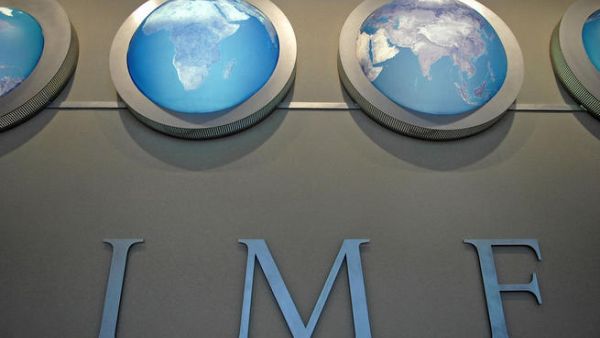Jordan’s economic growth and budget deficit are expected to go back on track by 2015 if the government sticks to its fiscal reform programme, according to International Monetary Fund (IMF) Deputy Managing Director Nemat Shafik.
Shafik said that she had based her positive projections after looking at state financial figures that show higher revenues and lower spending.
She said at a meeting with economic editors and columnists on Tuesday in Amman that Jordan’s economy is set to grow by 4.5 per cent in 2015, while state budget deficit would narrow to 3 per cent of the gross domestic product (GDP).
The IMF executive stressed that the energy issue remains the biggest challenge facing the Kingdom’s economy, praising authorities decision to lift subsidies on fuel products.
The previous untargeted subsidy system used to benefit rich households that account for a relatively large share of total energy consumption, she added, indicating that the cost of energy price subsidies were close to 5 per cent of the country’s GDP in 2012, a figure she described as very high.
According to the IMF official, Middle East and North African countries spend around $200 billion ($300 billion) on energy subsidies a year.
Kristina Kostial, the IMF mission chief to Jordan, said that the international financial organisation has looked into all options that could bring down the deficit in the budget including the possibility of reducing the number of semi-government entities.
She was responding to a question whether the fund has ever discussed other policies Jordan can adopt to reduce budget deficit and control the growing public debt such as the issue of independent governmental organisations, whose spending bill is near JD2 billion ($3 billion) a year.
Kostial also highlighted the need to amend the Income Tax Law and to improve tax management in the country.
Shafik also highlighted the cost of hosting Syrian refugees in Jordan, acknowledging that the large number of Syrians in the country would add more pressure on the Kingdom’s financial and natural resources and infrastructures.








